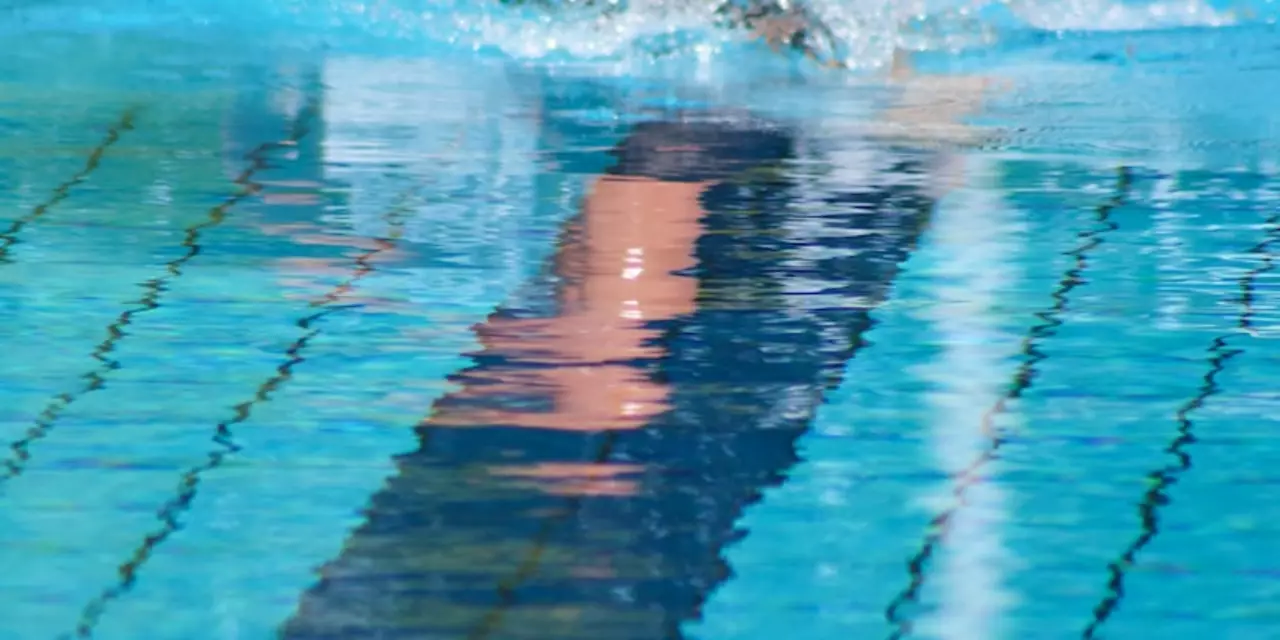Swimming for Beginners – Your First Steps in the Water
Thinking about learning to swim? You’re not alone. Hundreds of people try the pool each year, and most of them start later than they expect. The good news? You don’t need to be a prodigy to feel comfortable in the water. A few simple habits and the right guidance can turn nervous splashes into confident strokes.
Is Age 12 Too Late to Begin?
Many parents wonder if twelve is too late for a child to learn to swim. The short answer: no. While younger kids often pick up basic water confidence faster, a twelve‑year‑old can still master all the core skills. At this age, kids have better muscle control and can understand technique explanations more clearly. That means they can progress quicker once they get the basics right.
Starting at twelve does come with a few challenges. Older beginners may feel self‑conscious, and they might try to jump straight into advanced drills. The key is to focus on confidence first—learning how to float, breathe, and move without panic. Once those foundations are solid, speed and efficiency follow naturally.
Essential Skills Every New Swimmer Should Master
1. Water Comfort – Spend a few minutes each session just playing in the shallow end. Blow bubbles, practice submerging your face, and let your body relax. Comfort builds confidence.
2. Breathing Technique – The most common stumbling block is holding breath. Practice rhythmic breathing: inhale through the mouth above water, turn your head to the side, and exhale underwater. Start with short bursts and add a few strokes each time.
3. Floating – Learn both back float and front streamline. A good back float lets you rest without effort; a front streamline lets you glide while you work on kicks.
4. Kicking – Use a kickboard at first. Keep legs straight, toes pointed, and generate small, fast kicks. This builds leg strength without over‑exertion.
5. Arm Pull – Once you can float and breathe, add simple arm movements. Think of a gentle “big circle” motion: pull water down, push it back, and repeat.
6. Safety Basics – Always swim with a buddy, know where the pool’s exit is, and never push yourself to the point of exhaustion. A short rest every few minutes keeps your breathing steady.
Gear doesn’t have to be fancy. A comfortable swimsuit, goggles that fit without leaking, and a simple swim cap are enough. If you’re nervous about chlorine, a swim cap also helps keep hair dry.
Make a routine. Even ten minutes of focused practice three times a week beats a long, occasional session. Consistency builds muscle memory, and you’ll notice improvement faster than you expect.
Finally, celebrate the small wins. Did you manage a full breath cycle without panic? That’s a victory. Did you float on your back for thirty seconds? Pat yourself on the back. These milestones keep motivation high and remind you that progress is real.
Swimming isn’t a race; it’s a skill you can keep sharpening for life. Whether you start at eight or twelve, the water welcomes you when you bring patience and a willingness to learn. So pack your goggles, step into the pool, and enjoy the splash of a new adventure.
